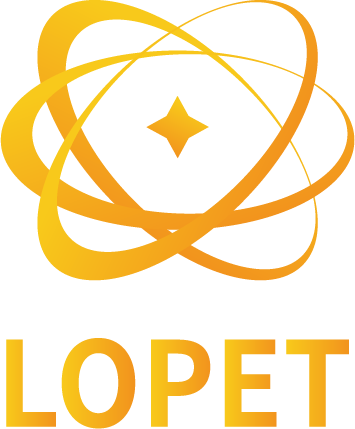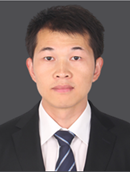

Assoc. Prof. Xianwen Liu

Assoc. Prof. Xianwen Liu
Beijing Institute of Technology, China
Speech Title:
Integrated aluminum nitride nonlinear photonics
Abstract
Aluminum nitride (AlN) is a well-known piezoelectric material for radio-frequency applications. In the past few years, AlN has been developed as an attractive photonic integrated platform owing to its excellent characteristics, such as enormous bandgaps (~6.2 eV), quadratic and cubic optical nonlinearities, and Pockels electro-optic effects. In this talk, I will discuss state-of-the-art nonlinear photonic devices by leveraging the quadratic and cubic optical nonlinearities of AlN. First, I will show AlN microring resonators with high quality factors in the telecom and ultraviolet band. Then, I will talk about the quadratic nonlinearity for realizing high-efficiency second-harmonic generation (SHG), optical parametric oscillation (OPO), and Pockels soliton microcombs. After that, I will move to the cubic nonlinearity for realizing high-efficiency Raman lasers and octave-spanning soliton microcombs. In the end, I will show the access to coherent ultraviolet frequency combs by combining the quadratic and cubic nonlinearities, simultaneously. These results pose AlN as a serious contender for integrated nonlinear photonics.
Biography
Xianwen Liu received bachelor and Ph.D. degrees from Tianjin and Tsinghua University in 2011 and 2017, respectively. He was a postdoc researcher in Yale University from Jul. 2017 to Sept. 2020. He is now an associate professor and doctoral supervisor in the School of Optics and Photonics, Beijing Institute of Technology. His main research interests include integrated nonlinear photonics, microresonator-based frequency combs, and nanophotonic devices. He has published 23 SCI-indexed papers in international journals such as Nature Photonics, Nature Communications, Optica, etc. and he has been selected as the winner of National Natural Science Fund for Excellent Young Scientists Fund Program (Overseas) in 2021.
